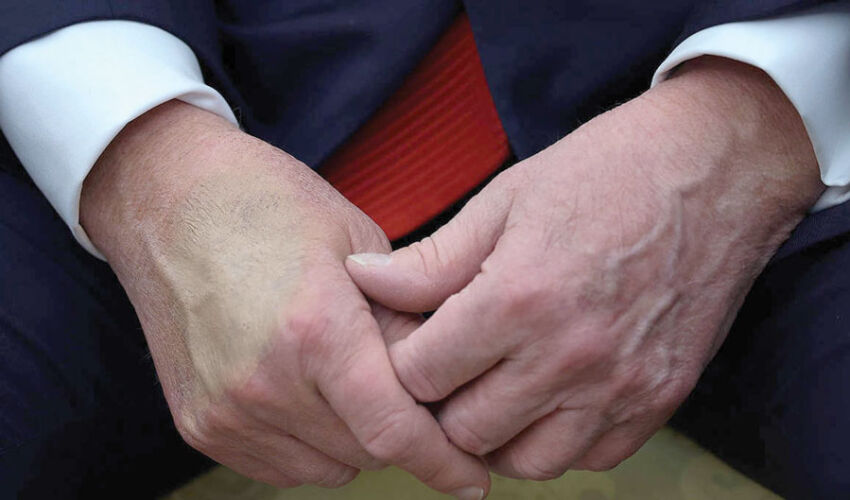
And it’s not just in economic policy. It’s a key feature of Donald Trump’s presidency in general. Trump is not just a “coward.” He is a weak “strong leader,” and America’s adversaries apparently realize this better than most Americans.
Many Americans are afraid of Trump, so they think others should be afraid of him too. But no one outside of America is afraid of Trump proper. America’s friends fear the “warmonger” who destroys what others have created. Meanwhile, America’s enemies rejoice in the destruction wrought by Trump and Ilon Musk and his Department of Government Efficiency (DOGE). When Musk recently left his post, Alexander Dugin, a leading Kremlin ideologue, lamented: “DOGE has done the whole world a huge favor by eliminating the USAID agency, as well as the U.S. Departments of Health and Education.”
Of course, Trump’s charisma is also a kind of power. But it can’t be used to solve any problem, and it doesn’t matter outside the US. Trump’s supporters may think that America doesn’t need friends because it can intimidate its enemies without help. But we already know that Trump couldn’t get Canada and Mexico to do his bidding, much less China, Iran or Russia.
The capitalization and exclamation points in social media posts that Trump has directed at Russian President Vladimir Putin in recent months, demanding that he end the war in Ukraine, have had no effect on Putin’s emotional state, much less on Russian policy. And inciting stochastic violence won’t work against foreign leaders. No one in Irkutsk is going to start threatening or harming Putin because Trump wrote something on the internet.
If one is not stingy, one can interpret Trump’s post threatening sanctions as a political act. But words only matter when they are actually backed by policy, or at least the likelihood that policy can be formulated. And to make policy, you need public institutions staffed by competent people. One of Trump’s first measures was precisely to fire those who were competent to formulate and implement policy. Many of those who knew anything (e.g., about Ukraine and Russia) simply disappeared from the ranks of his administration.
They were replaced by Trump’s unsuccessful attempts to make concessions to Russia on Ukrainian sovereignty on his own (without Ukraine or any allies). It didn’t work. Trump’s position was so weak that Putin naturally decided he could get more, and accordingly began escalating Russian aggression in Ukraine. Trump is a sheep in wolf’s clothing, and wolves can sense the difference.
Americans can ignore all they want that the state capacity needed to fight their adversaries is being destroyed and/or entrusted to people whose only quality is absolute loyalty to Trump. But destroying the institutions of American power produces a very simple incentive structure for America’s enemies. Russia hoped for Trump’s return to the White House precisely because they believed: he would weaken the United States. Watching now as he dismantles the CIA and FBI, putting people like Tulsi Gabbard, Kash Patel and Pam Bondi in charge of intelligence and federal law enforcement, they can draw only one conclusion: time is on their side.
All of this is true not only for Russia, but also for China. A weak authoritarian leader is useful to the PRC. Before Trump, time was not on China’s side. An entire generation of Americans feared that China would surpass the US economically and militarily, but in recent years that trend has ceased to be so obvious, perhaps even reversing itself. And now that Trump has set a course to destroy America’s state capacity, China may just take what it used to have to fight for.
In the short term, Wall Street may make money on TACO trading, but a weak authoritarian leader will only bring losses. Trump’s supporters may believe he has turned America into a titan among nations, but the reality is the opposite. As an authoritarian leader, Trump is destroying the norms, laws, and alliances that kept war in check. Being a weakling, he is bringing it on.
Timothy Snyder
is a professor of history at the University of Toronto and author ofOn Liberty
(Penguin Publishing, 2024).
© Project Syndicate, 2025.
www.project-syndicate.org

